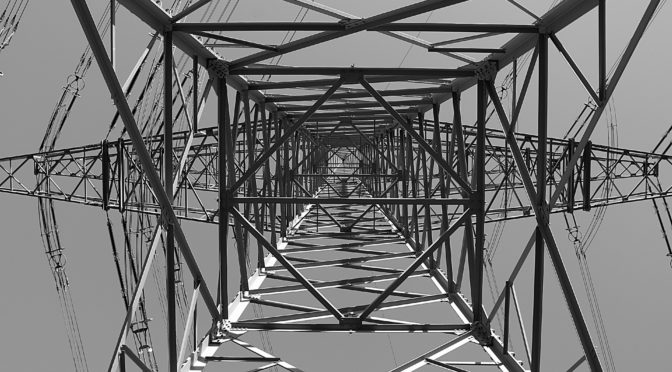Contested energy transitions.
Conflicts and Social innovations in big cities in the Czech Republic, France and Poland
A project carried out under the TANDEM program as a joint initiative of the French National Research Center, the Czech Academy of Science and Charles University united within the CEFRES Platform for Cooperation and Excellence in Humanities and Social Sciences.
Principal investigators: Martin Ďurďovič, Gilles Lepesant
Member of the team: Krzysztof Tarkowski
The Russian invasion of Ukraine has presented unprecedented challenges to the European Union’s energy security. Nonetheless, the EU remains steadfast in its commitment to achieving climate neutrality by 2050, as outlined in the European Green Deal (2019). This ambitious goal necessitates a significant increase in the share of low-carbon energy sources, coupled with transformative changes in the distribution and consumption of energy.
This comprehensive sociotechnical transformation is not without its hurdles. Resistance from certain political factions and a lack of social acceptance pose significant obstacles. The heightened ambitions regarding the deployment of renewable energy sources and the future of nuclear energy have sparked country-specific debates on the suitability of different energy transition technologies. Moreover, controversies over land use changes, energy poverty, and biodiversity protection are gaining increasing attention.
In this context, the concepts such as “social innovation”, “public engagement”, and “energy justice” have become crucial to understanding and influencing the societal dimension of the process. Ensuring that the interests of all stakeholders are considered and that conflicts are resolved effectively and in accordance with democratic principles is essential for the success of this transition.
Our two-year-long incubation project is at the forefront of addressing these challenges and pioneering social innovations that will shape the energy transitions in urban areas across three Member States: the Czech Republic, France, and Poland. Our objectives are to gain a deeper understanding of the factors that hinder the transition in cities, to identify emerging patterns in energy governance, and to assess the impact of various EU instruments in this process.
Our research employs a comparative case study approach focusing on city energy transitions in Paris, Prague, and Warsaw. In addition to publications and scientific events fostering expert debate, we will draw upon the research findings to prepare a grant application for an excellent research funding and seek to advance our research activities to the European level.

